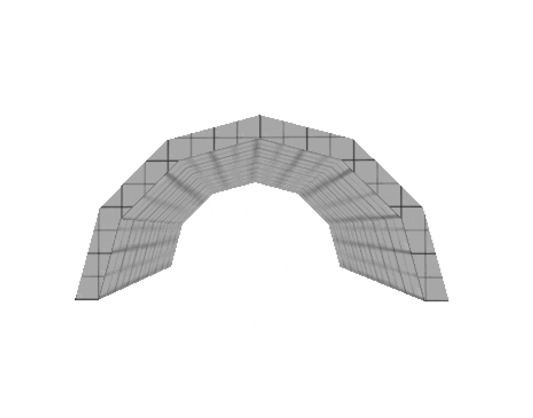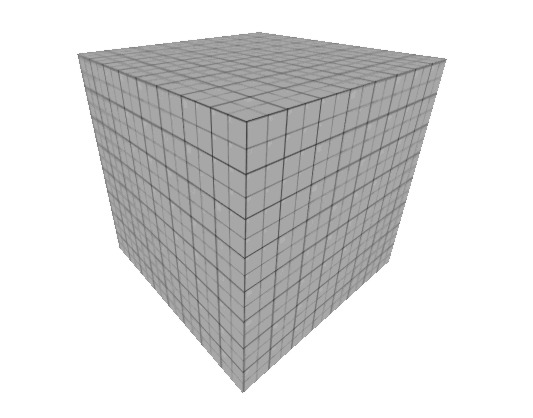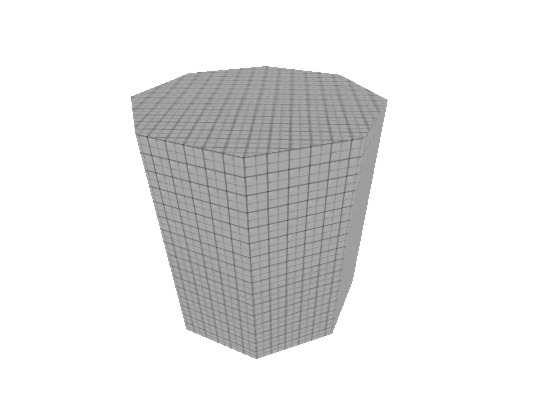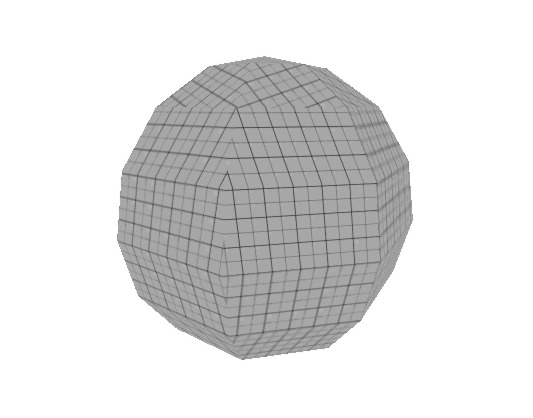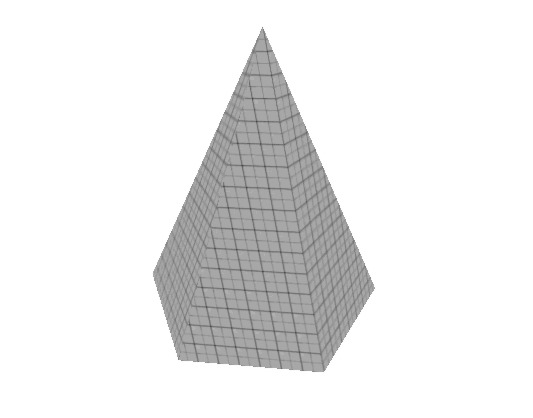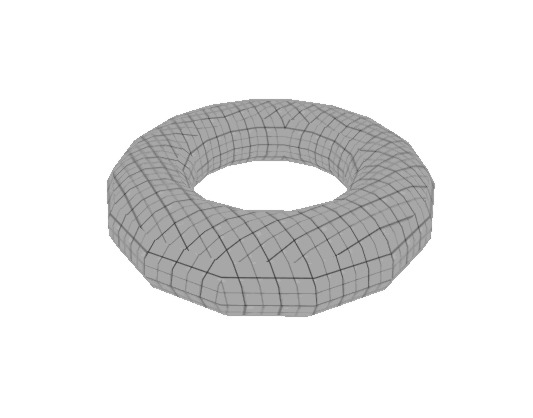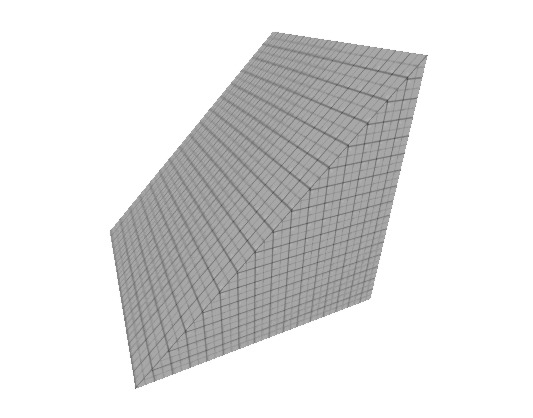Primitive: Difference between revisions
Angry Beaver (talk | contribs) m (fixed bad link) |
Battle Bott (talk | contribs) m (→Torus) |
||
| Line 38: | Line 38: | ||
===Torus=== | ===Torus=== | ||
The torus resembles an inner tube or a donut. This primitive can easily mass polygons so keep the number of faces on this primitive low. Like | The torus resembles an inner tube or a donut. This primitive can easily mass polygons so keep the number of faces on this primitive low. Like the arch it has a special [[Hammer Torus Properties | Tool]]. | ||
[[Image:primitive_torus.jpg]] | [[Image:primitive_torus.jpg]] | ||
Revision as of 23:23, 29 April 2006
Primitive types
A primitive is by definition a very simple structure, primitive when it relates to the Valve Hammer Editor refers to a brush based object that conforms to a common shape. Primitives include arches, blocks, cylinders, spheres, spikes, tori and wedges.Some are made up of multiple brushes but are still considered primitive as they are used commonly and a simple shape, the 2 examples are tori and arches.
Arch
This creates a basic arch as defined by the Arch Tool, multiple blocks slightly rotated will be created within 1 group.
Block
The block, a basic cube, is the most used object when mapping in Hammer.
Cylinder
A cylindrical brush created with a specified number of sides.
Sphere
The sphere is a rather complicated piece of geometry, so it would be wise to be careful with the number of faces you give the sphere.
Spike
Like the cylinder but all the top vertecies come to 1 central point.
Torus
The torus resembles an inner tube or a donut. This primitive can easily mass polygons so keep the number of faces on this primitive low. Like the arch it has a special Tool.
Wedge
The wedge is basically a triangular prism.
